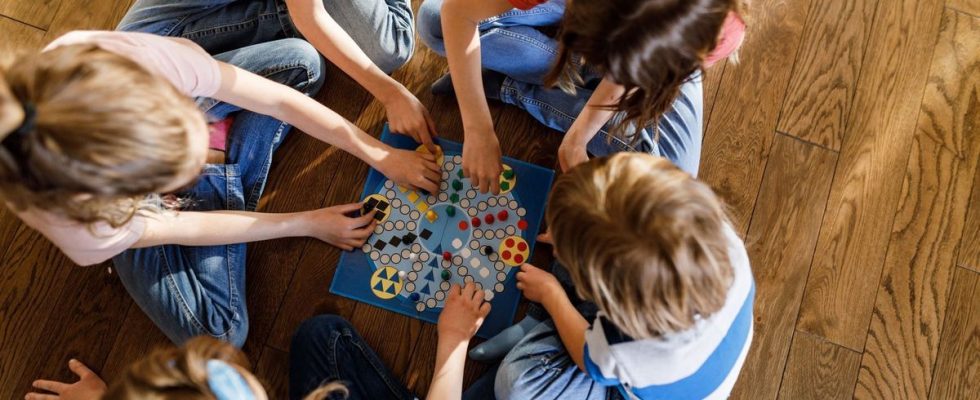Published on
Updated
Reading 2 min.
Girls’ confidence in their creativity appears to decline as they get older, a study suggests. From the age of five, girls would feel social pressure to strive for perfection and avoid mistakes, which would prevent them from freely expressing their creative ideas. Conversely, boys would be more encouraged and valued in this area.
By the age of five, three-quarters of girls demonstrate creative confidence, according to a study conducted by toy maker LEGO among more than 61,500 parents and children aged five to 12 in 36 countries. This confidence would disappear as they grow up, because they would be afraid to share their ideas, for fear of the judgment of others. Two-thirds of girls surveyed feel nervous about expressing their ideas out loud.
Strengthen the self-esteem of girls and boys
To explain this concern, the study puts forward the fear of making mistakes, reported by 72% of girls at this age, and the pressure to be perfect that three out of five girls say they feel. A sentiment shared by 71% of parents who agree that girls tend to curb their creative ideas due to these pressures.
“When children are afraid of failing, it can hinder their willingness to explore and think outside the box. This impacts the key skill of creative confidence, which can carry into adulthood“, explains Jennifer B Wallace, a Harvard-trained parenting researcher. According to her, creative confidence is important in development because it influences well-being.”by boosting self-esteem, reducing stress and increasing happiness”.
Gender biases from five years old
This lack of confidence would be instilled by the speeches made by adults and that little girls hear from a very young age. About two-thirds of girls ages 5 to 12 report that the language they hear makes them fearful of making mistakes, dissuades them from experimenting, or reinforces the need for perfection.
The study highlights gendered descriptions attributed specifically to girls to assess their creativity. “Society is approximately 7 times more likely to attribute terms such as ‘sweet’, ‘pretty’, ‘cute’ and ‘beautiful’ exclusively to girls“Boys, at the same age, are twice as likely to hear the words ‘brave,’ ‘cool,’ ‘genius,’ and ‘innovative.’ Yet girls would like to hear compliments like ‘imaginative,’ courageous’ and ‘inspiring’.
Prejudices that undermine girls’ confidence
Furthermore, more than half of children think that adults pay more attention to boys’ creative ideas than girls. A feeling shared by 68% of parents who also recognize that society takes the creative ideas of boys more seriously than those of girls. “What we say early on is deeply ingrained. Biases reinforce traditional gender roles, which can help limit girls’ creativity and perpetuate systemic inequalities“, explains Jennifer B Wallace. “These implicit biases can harm girls’ confidence and limit their opportunities in male-dominated fields“.
To regain self-confidence, girls would like mistakes to no longer be seen as failures, but as opportunities to learn. They would also like adults to take their progress and their creative process into consideration more than the end result.
